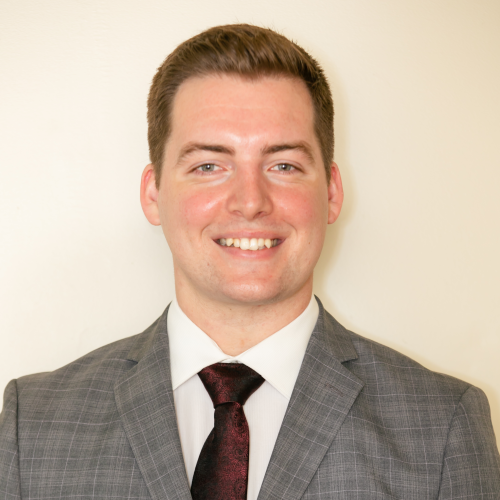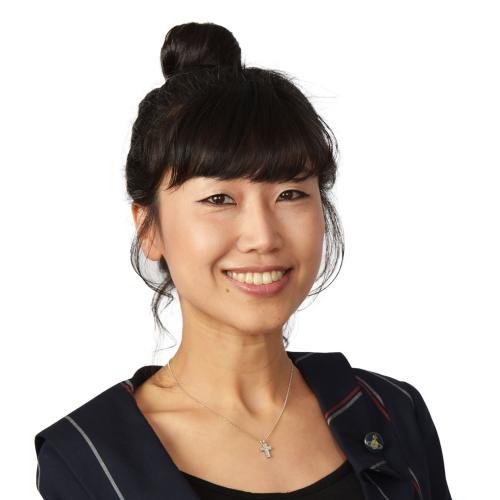Message from the Coordinator

The sport industry has rapidly developed into a thriving business, with impacts across society, driving demand for sport business-trained professionals, and pioneering academic research. There are exceptional opportunities for aspiring academics with a passion for sport.
Isenberg has been ahead of this curve, crafting a doctoral program—one of only a handful in the country—that prepares students to meet this demand. By merging the Mark H. McCormack Department of Sport Management, a leader in the field for 40 years, with Isenberg, we can simultaneously provide students with PhD-level training in sport and business management.
We’re proud that our distinguished program also offers:
- Renowned faculty with diverse research interests who regularly publish scholarly work in top-tier sport journals
- A supportive and collaborative environment that extends beyond the classroom
- Low student-to-faculty ratio, providing individual attention to doctoral students
- Customization that encourages doctoral students to pursue their research interests
- Strong ties to sport industry leaders who can be utilized for research
Our graduates enjoy marketability as both published researchers and seasoned educators. We welcome applicants who are dedicated learners and inquisitive thinkers interested in making real contributions to this exciting and still emerging field.
Elizabeth B. Delia
PhD Coordinator & Associate Professor
About the Program
Isenberg’s PhD in sport management is a full-time, residential program that prepares students for careers in academia. Students receive broad training in research methods and learn to apply advanced business understanding to sport subject matter. With small class sizes, students enjoy individualized instruction from faculty. Valuable teaching opportunities prime students to become educators at leading institutions.
Students generally complete a PhD in Sport Management within 4-5 years. Students must pass both a qualifying and comprehensive examination, and complete three years of teaching at Isenberg. During the final years students research, write, and defend a dissertation.
Students must take 48 credits of coursework, which includes classes in theory and research methods, research electives, and minor classes.
Examples of courses:
- Sport Marketing
- Sport Consumer Behavior
- Sport Organizational Theory & Behavior
- Sport Finance
- Sport Economics
- Sport Leadership
- Sport Sociology
Isenberg has a strong focus on research. Faculty members work alongside doctoral students on a variety of projects, publishing research in top tier sport management journals. Recent projects include:
- The intersection of fandom and health
- Experiences of fandom in women's sport
- Sexism in sport organizations
- How sport fans experience emotional support from each other
- Identity covering of marginalized individuals in the workplace
- The role of nostalgia in sport fandom
- Motives and points of attachment for esport consumers
Sport Management Doctoral Candidates


McCormack Department of Sport Management
Testimonials from Recent Graduates

